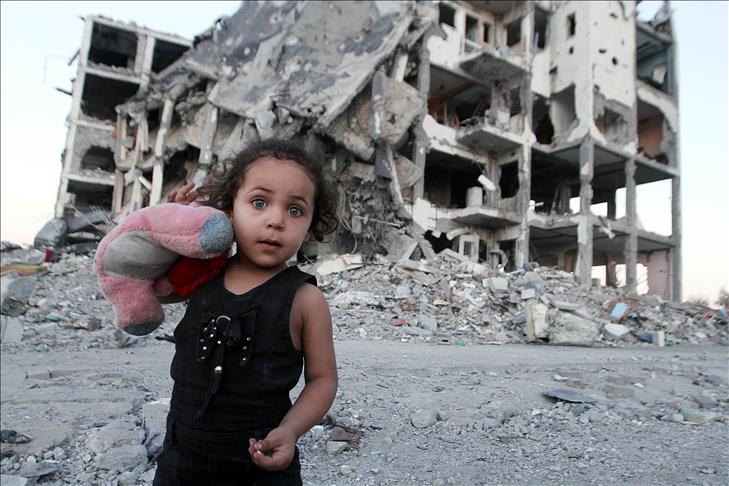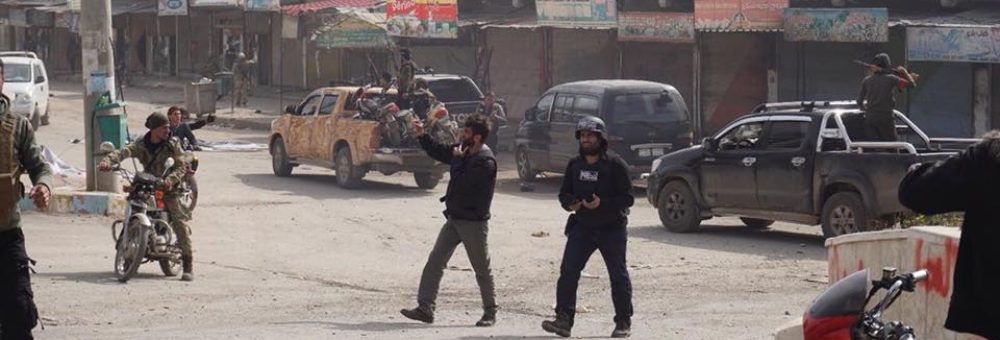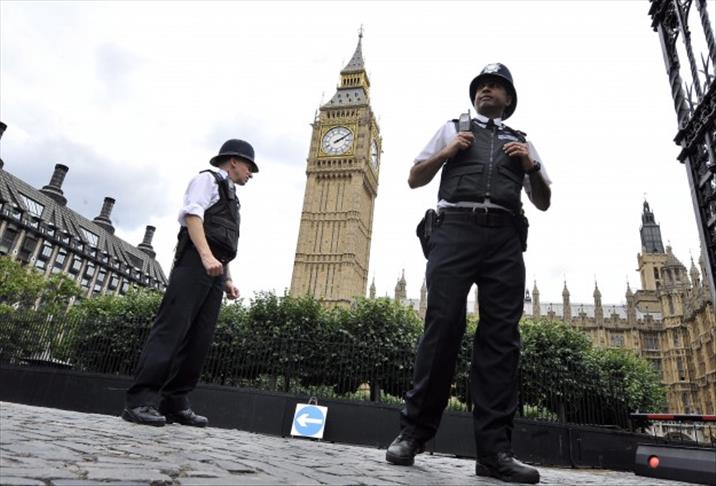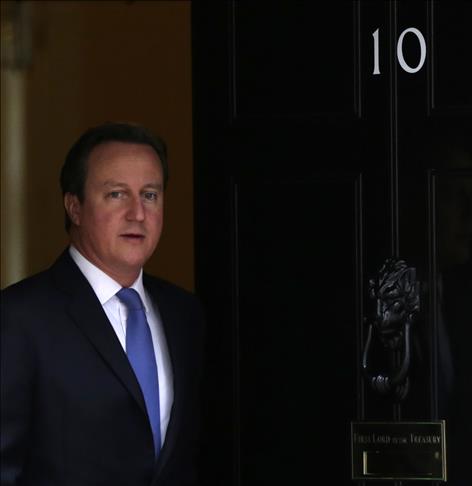Observers took hundreds of testimonies to compile reports on human shields and indiscriminate targeting of noncombatants.

Israel violated international law according to a report released Thursday that investigated the use of human shields during Israel’s 2014 onslaught of the Gaza Strip.
The report, published by the Geneva-based Euro-Mid human rights observer, says that the Israeli army broke international law on at least six occasions in the southern Gaza Strip in August.
Civilians were subjected to “inhumane and abusive” treatment, according to the report entitled, “Israeli Matrix of Control: use of Palestinian civilians as human shields.”
Palestinians were beaten and exposed to the hot sun while naked for long periods of time, investigators found.
The human rights organization claims that testimonies collected by its observers show that the use of Palestinian human shields is a recurring Israeli policy since there have been similar cases outside of Gaza, such as in the West Bank.
Jessica Purkiss from the Middle East Monitor, told Anadolu Agency on Thursday that the cases of human shields were “horrific.”
Purkiss referenced the case of Ramadan Qdeih from Khan Younis, where he told observers that he saw his father shot dead and was made to stand at the windows with his hands tied while Israeli soldiers stood behind him, shooting.
“It’s complete injustice, it’s treating people absolutely like animals, and I think it’s symbolic of how the Israeli military see Palestinians and Gazans,” said Purkiss.
The Euro-Mid team also said that they did not find any evidence of Palestinians who were forced to stay in their homes or to use their bodies for the protection of Palestinian fighters.
The report calls on Israeli military prosecutors to carry out a “serious and reliable” investigation of the cases documented in the report and asks for the individuals that are found guilty to be held to account.
Euro-Mid also called on the United Nations Human Rights Council to establish a fact-finding mission into the recent conflict and to investigate the issue of human shields.
Ihsan Adel, a legal advisor working at Euro-Mid, told Anadolu Agency that they will give the evidence that they have gathered to the UN in the hope that those who committed crimes would face trial.
Adel said that both Palestinians and Israelis should join the Rome Statute for the International Criminal Court and an investigation should be launched into war crimes committed during the war on Gaza.
In a separate report released Thursday by the same organization, it was claimed that the Israeli military deliberately carried out indiscriminate attacks on the Gaza Strip.
The observers based their claims on the testimonies of 432 people and again urged a UN investigation.
Euro-Mid said that “reconstruction of the Gaza Strip is needed for Palestinians… However without accountability for crimes and protection for human rights; it will be a life without dignity or hope.”
The report concludes that Israel violated Article 16 of the fourth Geneva Convention that obliges parties to protect people with special needs such as those with disabilities.
“By bombing a Palestinian charity and other institutions housing disabled people without effective warning, Israeli forces violated its obligations under the fourth Geneva Convention on the rights of persons with disabilities,” the report said.
Israel has denied all charges that it has acted outside of international law and has instead accused Hamas of using human shields.
During Israel’s onslaught this summer, over 15,000 housing units were damaged across the Gaza Strip, including 2,200 that were totally destroyed, according to official Palestinian figures.
More than 2,160 Gazans were killed and 11,000 injured, mostly civilians, during seven weeks of unrelenting Israeli bombardment — from air, land and sea — throughout July and August.
Read the original article published in Anadolu Agency on 22 October 2014


